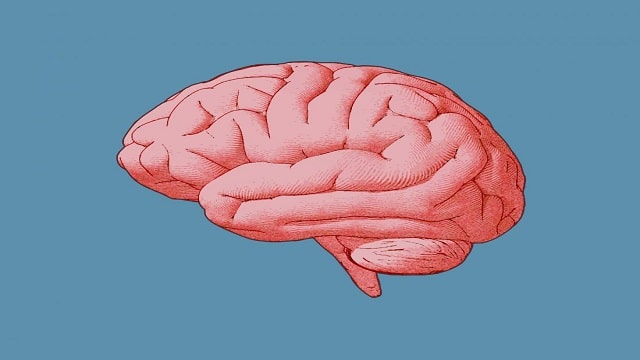The brain is an organ located in the head as a controller of all human body functions. The brain also allows humans to think and solve problems. Therefore, brain health is very important to maintain so that body functions can run well.
Disorders of the Brain
Good brain health allows humans to realize their own abilities and optimize their cognitive, emotional, psychological, and behavioral functions. Many social and biological factors play a role in brain development and health from pre-conception to the end of human life.
These determinants influence how the brain develops, adapts, and responds to stress and adversity encountered throughout life. If not properly maintained, there are many disorders and diseases that can have a negative impact on brain health. Here are some of these diseases:
-
Ataxia
Ataxia is a disease that attacks the cerebellum and triggers disorders in the motor nerves. This disease causes sufferers to lose control of the body. If left untreated, it will have severe consequences. Ataxia is characterized by frequent falls without cause, inability to maintain body balance, to paralysis.
-
Alzheimer
Alzheimer’s is a type of dementia that affects memory, thinking, and behavior. It is characterized by memory loss, confusion, inability to learn new things, difficulty communicating and speaking, and problems coping with new situations.
-
Schizophrenia
Schizophrenia is a chronic brain disorder that causes sufferers to experience delusions, hallucinations, disorganized speech, problems with thinking, and lack of motivation. However, with treatment, most symptoms of schizophrenia can improve and the likelihood of recurrence of symptoms can be reduced.
-
Epilepsy
Epilepsy is a chronic, non-communicable brain disease that affects people of all ages. This condition is characterized by repeated attacks on motor and sensory nerves, causing sufferers to experience seizures. This disease causes nerve signals to not run properly.
-
Parkinson
Parkinson’s disease is a progressive nervous system disorder that affects movement. Symptoms appear gradually, sometimes starting with a barely perceptible tremor in only one hand. The disorder also often causes stiffness or slowness of movement.
-
Arteriosclerosis
Atherosclerosis is a thickening or hardening of the arteries caused by plaque buildup on the inner lining of the arteries. Factors that increase the risk of developing the disease include high cholesterol and triglyceride levels, high blood pressure, smoking, diabetes, obesity, physical inactivity, and saturated fat.
Tips for Maintaining Brain Health
Lifestyle has a big impact on a person’s brain health. Here are some steps you can take to maintain brain health:
-
Doing Physical Activity
People who exercise regularly have a lower risk of developing Alzheimer’s disease. Exercise improves blood flow and memory by stimulating chemical changes in the brain that improve learning, mood, and thinking.
-
Consume Healthy Nutritious Food
As we age, the brain can be stressed by lifestyle and environmental factors. This results in an oxidation process that can damage brain cells. To prevent this condition from happening, consume foods high in antioxidants, such as broccoli, carrots, spinach, soybeans, and ginger.
-
Routine Medical Check-ups
Hypertension, diabetes, obesity, depression, head trauma, high cholesterol, and smoking increase the risk of dementia. To control and reduce the risk of brain problems, have regular medical check-ups. Follow the healthy lifestyle recommendations recommended by your doctor.
-
Have Good Sleep Quality
Sleep energizes, improves mood, and boosts the immune system. It also reduces the buildup of an abnormal protein called beta-amyloid plaque, which is linked to Alzheimer’s disease. In addition to getting enough sleep, you can also do relaxation and meditation to help manage stress.
-
Mental Fitness Training
Mental exercise is as important as physical exercise. Mental exercise can improve brain function and encourage the growth of new brain cells, which can reduce the chances of someone getting dementia. Like muscles, you need to exercise your brain health so that it doesn’t lose its function.
When to See a Doctor?
Brain health disorders can appear and manifest as nervous and neurological disorders. memory loss. If you often experience forgetfulness, apathy, anxiety, agitation, loss of inhibition, and mood swings, it could be a sign that something is wrong with this important organ.
In addition to implementing these methods, you can also consume supporting supplements to maintain brain health.
